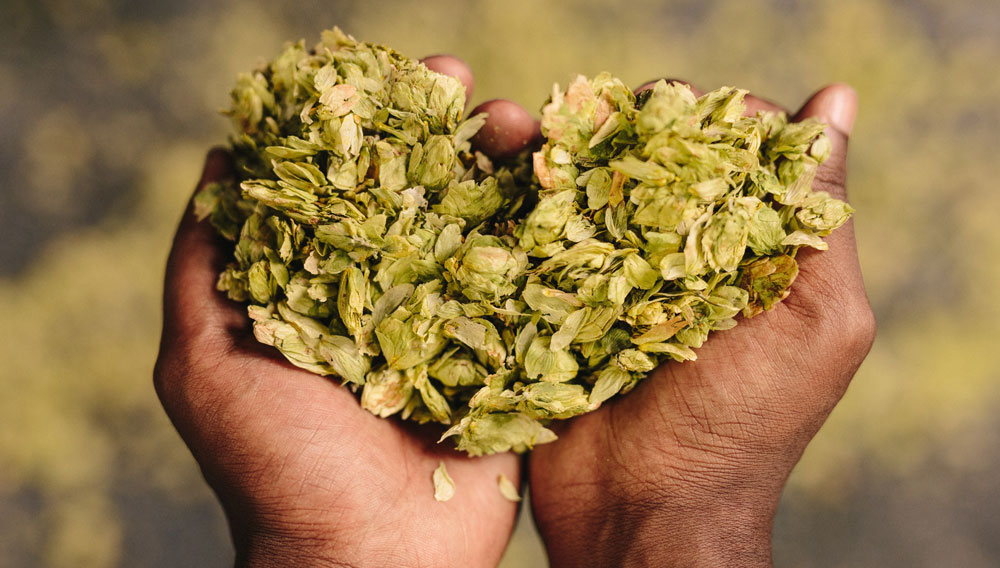Utilization of Chlorine dioxide to Reduce Fusarium sp Growth on Malt
One of the long term issues the malt producers and brewers deal with is contamination of barley and malt with Fusarium mould. Fusarium sp. contributes to beer gushing, formation of red grains, production of several carcinogenic toxins and other negative phenomenons. Different methods are used to reduce Fusarium sp. growth but none of them is fully effective. This presentation describes a concept with Chlorine dioxide (ClO2) added during steeping and germination of barley. Laboratory, semi industrial as well as industrial trial proved functionality of ClO2 application on malt during steeping and germination to push back Fusarium sp..
Particularly, use of chlorine dioxide during germination was found to have most impact on controlling Fusarium growth. This application has also positive impact on gushing, red grains and it does not influence quality of the produced malt. No residues of ClO2 and its by-products were found in the malt and there were no quality changes in the wort produced from malt treated with ClO2.
BrewingScience - Monatsschrift für Brauwissenschaft, 67 (March/April 2014), pp. 63-68
Keywords
gushing barley malt chlorine dioxide fusaria
Source
BrewingScience – Monatsschrift für Brauwissenschaft


